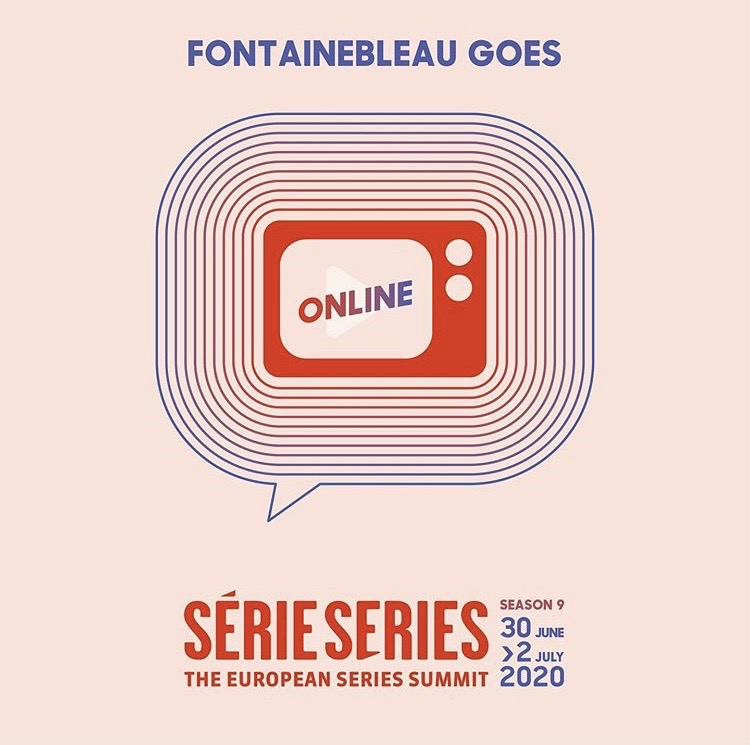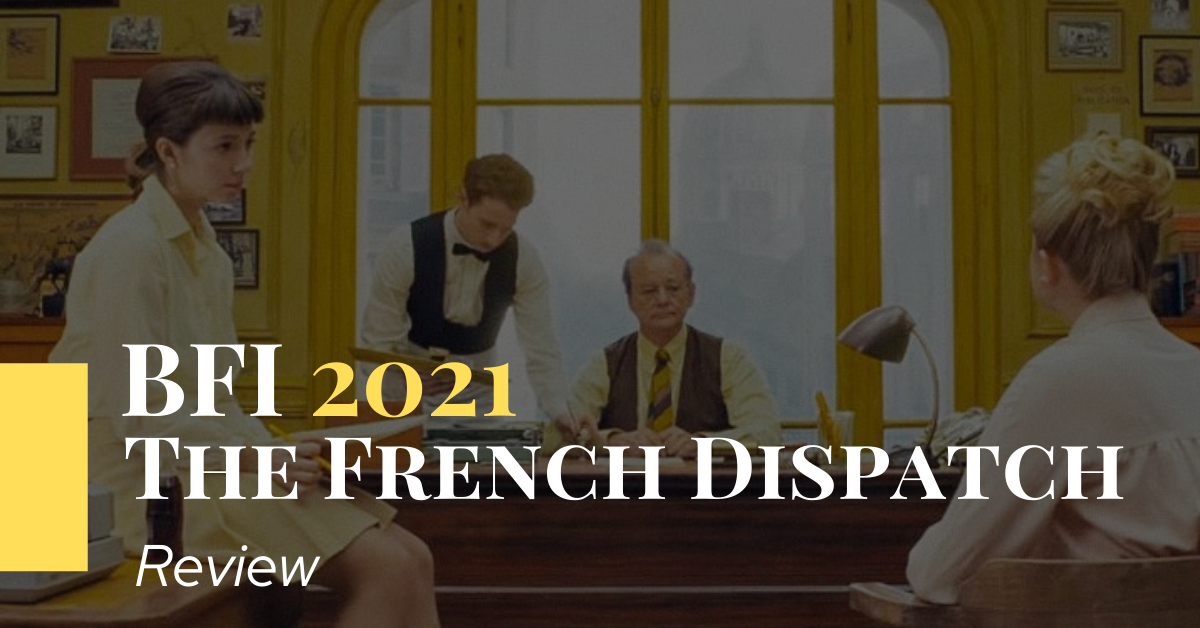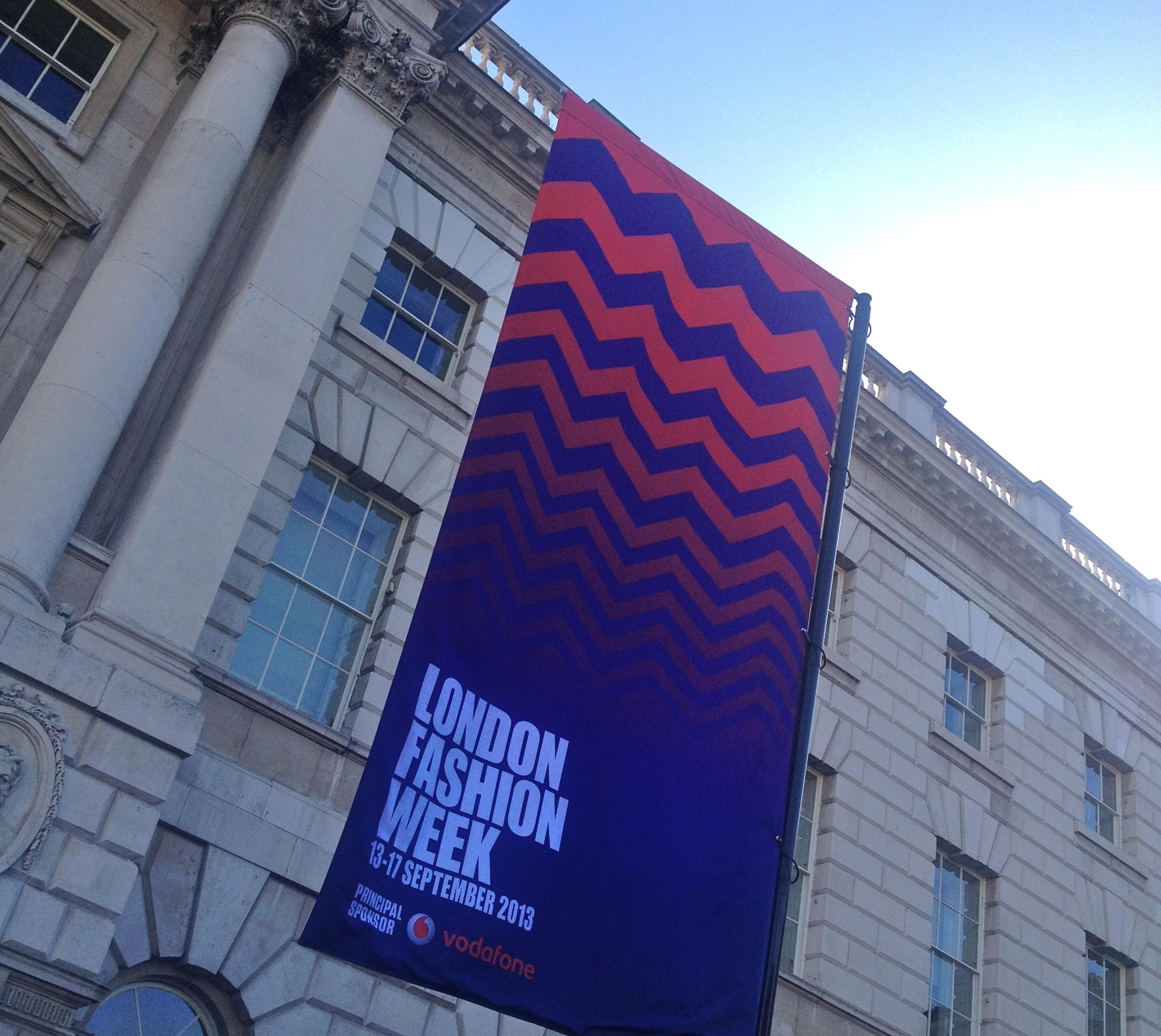It was a pleasure speaking to the director and writer Ben Reid about his award-winning short film “Innocence“. You can read our review here. He told us who inspired him who supported his project and why there’s still a lot to do about inclusion in the Arts. Enjoy and educate yourself!
You have given actors with Down syndrome an opportunity to prove that they can be at least as good or even better than actors without a disability. What do you think why do so many productions still do not represent disability on screen?
I mean it’s important not to kind of finger-wag and blame people too much because people need to just understand what people with Down syndrome are capable of. I think the problem is because that isn’t reflected in society at large. People don’t see just what talent actors with Down syndrome have. If you’re not giving opportunities in the first place, you then can’t prove what you’re capable. It’s the same with anything in any walk of life: If you’re not given an opportunity to attempt something, you can’t prove that you’re good at. There haven’t been too many opportunities in the past for people with Down syndrome that means that people don’t immediately think about giving these opportunities again. That needs to change, and I also think people aren’t giving too many opportunities because the opportunities in the past have been not always too complex and they haven’t been breaking outside of a kind of a stereotype which portrays people Down syndrome in quite a saintly light although people with Down syndrome, just like you and me, have the capacity to do good things, do bad things and to be people who can be morally ambiguous. When you’re dealing with fiction, characters are there not always just to portray real life, but to portray heightened realities and realities that have an opportunity to take characters in interesting places, which can be challenging for provoking and create tension and jeopardy. People sometimes think you need to treat people down syndrome with kid gloves and that they shouldn’t be exposed to the same things that people without Down syndrome are exposed to and I think that’s kind of nonsense. Having a brother with down syndrome and I know he’s excited and interested in challenging material as anybody else is.
What is a more effective way to normalize disability on screen? Is it better to just have a film which is not specifically about disability or should the film specifically point out the topic and focus on it ?
I don’t think the industry and society at larger need to be dogmatic about it. I think there’s room for both, isn’t it? There’s room to have interesting stories that have a relation to the disability of the character and there’s room to have stories where having Down syndrome doesn’t even need to be mentioned. I think there’s a rich possibility for storytelling in both regards. I think that’s the problem: It’s the pigeonhole and say it needs to be one thing or the other. It would be fantastic, if people just open their eyes to the fact that there’s so many different ways you can utilise the talented actors with Down syndrome.
Do you think a short film has the same potential as feature films or documentaries to represent this topic? What are advantages of a short film?
The reason I did the short film is because it was easier to fund than a feature. The goal is now to make a feature, which has a lead character with Down syndrome and a film explores the world has seen through their eyes rather than being a secondary character or having the gaze as it were being of somebody who doesn’t have Down syndrome. That’s where we’re trying to head with the long-term projects what this is all about that. People aren’t prepared at the moment to invest large sums of money in challenging material which has lead actors and lead characters with Down syndrome. We’re hoping that the success of this short film will open the doors for more challenging material to be made in the future.
How did the Portsmouth Down syndrome Association support the film?
Ken Ross, who’s a Co-chairperson at the Portsmouth Down Syndrome Association, he’s one of the producers. Tibo Travers and I, whose company “Sweetdoh Films” made the film with the Portsmouth downstream Association. We went to Ken with the Story and we showed him what it is what we’re trying to achieve. He helped to fund it and give us the much-needed funds to help give the film the high-quality cost and production values which it has. So, they were very much on board in a financial sense, but also in a sense that they really wanted they could see creatively what we’re trying to do with the film and wanted to support that.
What was especially important to you when you selected the cast?
With the cast overall, I wanted to not kind of fall into stereotype again. It is often the cliche of like the angry, tough detective who will kind of breakdown doors and rattle people into submission. I wanted with Alice Lowe to have a character who was cold and calculated and somebody who didn’t necessarily show her hand and playing opposite somebody like Tommy Jessop, I thought that was interesting to have those two kinds of performances playing opposite each other. I wanted to have people who could also improvise and to think on their feet. Alice Lowe does a lot of improvisation. It was great that we could use that to our advantage, so Tommy not becoming too familiar with Alice is an actress and as a character before we started rolling, so we could have that spontaneous and natural and seeing what surprises and elements we can take from that.
I saw your brother inspired you to create such a leading role.How you would describe how exactly your brother inspired you?
My brother is somebody who’s very fiercely independent. He’s somebody who doesn’t like being told what to do by people. He’s very much at heart a free spirit and a rebel. That’s where I saw in the character of Dylan, somebody who refused to be contained by his situation. He didn’t want to conform to what he’s being told do and how is being told to behave. I see Dylan has having heroic qualities in that regard. I also wanted to bring the moral ambiguity there and hopefully leading this leaves the question to the audience like when violence is acceptable and not acceptable. As a viewer we more inclined to question it because the violence is connected to an individual with disability and makes that again turn the mirror on ourselves and think about how we as individuals and we as a society perceive disability, and what we think people with disability are capable and should be capable. We should reflect that and reconsider and allow people with disabilities to have their own voice to express themselves.
Why did you name the short “Innocence”?
I think it will hopefully works on a few different ways because there is a kind of outdated stereotypical cliched view of people Down syndrome as being innocent and being sweet. It also sounds condescending to people with Down syndrome, if you say to somebody: “oh aren’t you sweet and innocent”. It kind of negates you to think you don’t have intelligence, independence or the capabilities to be more than just somebody who is devoid of anger or rage. There’s a lot for people with down syndrome to be angry about because of the way they are treated by society. So, I wanted to address that sense that people with Down syndrome are seen as being innocent allot and and why that is and how that needs to be challenged and reviewed. Also the very nature of it being a crime thriller, the title being “Innocence” kind of cause to question: who is innocent and who is guilty? Is the person who’s committed the crime innocent? Or is the person who is the victim of the crime guilty? So kind of turning on his head what we normally kind of view is innocence and guilt within our film





